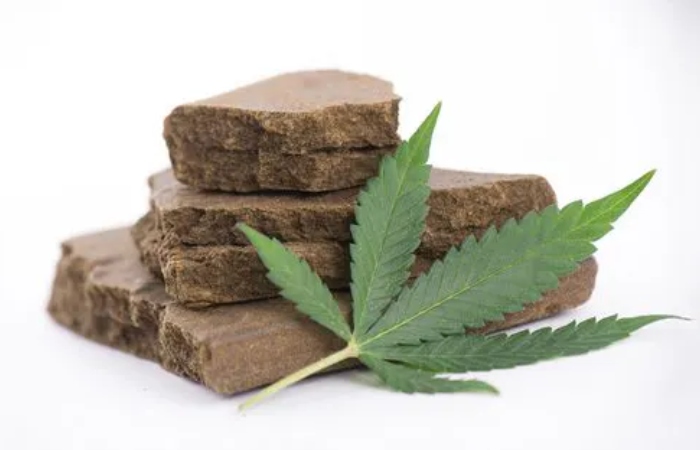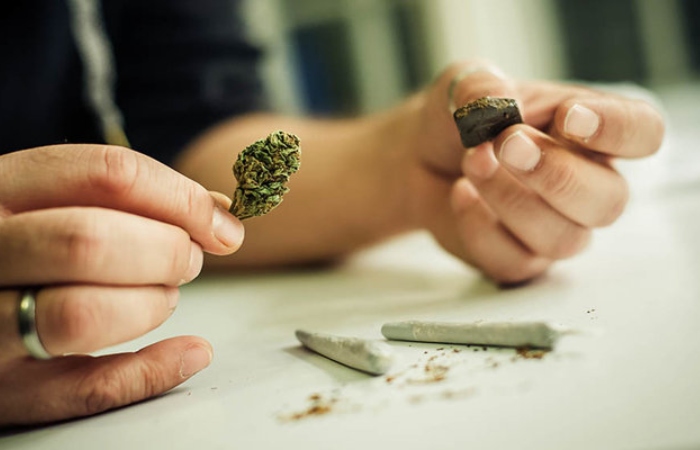Table of Contents
Intro
Anabolizers or hashish or “cost sale” or “marijuana sale” or “new synonym” – In the realm of sports and fitness, individuals are constantly seeking ways to enhance their performance, boost muscle growth, and achieve their goals more efficiently. This quest for improvement has led to the popularity of substances such as anabolics and hashish. This article will delve into these performance-enhancing substances, discussing their effects, risks, legal implications, and alternative options. Whether you are an athlete, bodybuilder, or simply curious about these substances, this article will provide valuable insights to help you make knowledgeable decisions.
Understanding the Terminology Of Anabolizers Fueling Muscle Growth

The anabolics commonly known as anabolic steroids, refer to synthetic variations of the male sex hormone testosterone. These substances are renowned for stimulating protein synthesis increasing muscle mass, strength , and endurance. Athletes and bodybuilders often use anabolics to accelerate their muscle-building progress and improve athletic performance. However, it is essential to recognize that anabolics come with potential risks and side effects.
Are Anabolics Legal?
The legality of anabolics varies from country to country. In some places, they are available for medical use with a prescription, primarily to treat conditions such as overdue puberty or muscle wasting diseases. However, the non-medical use of these substances is generally illegal and subject to strict regulations.
How Do People Use Them?
Nonstop use of AASs can lead to glitches such as tolerance. They may even cause the body to stop building its testosterone. Some people use AASs continuously, but others try to minimize their possible adverse effects through different use patterns.
- Cycling: The individual takes AASs in 6 to 12 weeks, followed by four weeks to several months off.
- Stacking: Users combine numerous different types of steroids or include other supplements in an attempt to maximize the efficiency of the steroids. It is called “stacking.”
- Pyramiding: Some users regularly increase the dose to a peak, then reduce the amount.
Hashish: Exploring the World of Hashish

Hachis, also known as hashish, is a cannabis-derived substance used for centuries for its psychoactive effects. It is made from the resin of the cannabis plant and typically comes in the form of a solid or resinous material. Hashish contains high concentrations of THC (delta-9-tetrahydrocannabinol), the primary psychoactive compound in cannabis. Users often consume hashish by smoking, vaporizing, or mixing it with other substances. Understanding the legal and health implications of using hashish is crucial before considering its consumption.
The Effects of Anabolizers or Hashish: Benefits and Risks
The Effects of Anabolics
Anabolizers have garnered attention due to their potential to enhance physical performance and accelerate muscle growth. When used under medical supervision, anabolics can aid in treating conditions such as delayed puberty, muscle wastage due to diseases, and hormone imbalances. However, their non-medical use carries various risks, including:
- Hormonal Imbalances: Anabolizers can disrupt the natural balance of hormones in the body, leading to adverse effects such as testicular shrinkage, reduced sperm production, and breast enlargement in men. It can cause masculinizing effects in women, including deepening of the voice and extreme hair growth.
- Cardiovascular Complications: Prolonged use of anabolics may increase the risk of heart disease, high blood pressure, and cholesterol imbalances.
- Liver Damage: Oral anabolics can significantly strain the liver, potentially causing liver damage or tumors.
- Psychological Effects: Anabolic agents have been associated with mood swings, aggression, irritability, and, in severe cases, psychiatric disorders such as depression and anxiety.
It is crucial to recognize that using anabolics without medical supervision is illegal and banned in most sporting competitions due to their potential unfair advantage and health risks.
The Effects of Hashish

Hashish, like any cannabis-derived substance, affects the body and mind due to THC. Some potential effects of hashish consumption include:
- Euphoria and Relaxation: Hashish can induce euphoria, relaxation, and an altered state of consciousness.
- Increased Sensory Perception: Users often experience heightened sensory perception, including enhanced taste, smell, and touch.
- Altered Cognitive Functions: Hachis can impair short-term memory, attention, and concentration, making complex tasks more challenging.
- Potential Health Risks: Prolonged or excessive use of hashish may lead to respiratory problems, impaired lung function, and mental health problems , especially in individuals predisposed to such conditions.
It is important to note that the legality of hashish varies across different countries and regions. Before considering its use, it is crucial to understand the legal implications and potential health risks associated with hashish consumption.
Hashish and Anabolic Drugs: The Intersection of Substance Use
Hachis, also known as hashish, is a potent form of cannabis resin. Although it falls within the broader category of marijuana, hashish is distinct due to its concentration and effects. It is commonly associated with recreational use and has gained popularity in various parts of the world.
What is the connection between hashish and anabolics?
While anabolics and hashish may seem unrelated, there have been instances where the two have intersected in the world of substance use. Some individuals engage in polydrug service, combining anabolics and hashish to enhance their physical and psychoactive experiences potentially. However, it is essential to note that combining substances can significantly increase the risks associated with their use and should be avoided.
Selling Cost: Unlocking the World of Buying and Selling

The term sale cost refers to the trading of goods or services, in this case, specifically related to marijuana and hashish. The underground market for these substances continues to thrive despite ongoing efforts to combat illegal activities. Sale cost is a phrase often used in these illicit transactions, highlighting the financial aspect of such trade.
What are the implications of sale cost for anabolics?
The practice of sale cost also extends to anabolics, as these substances are sometimes obtained and sold through covert channels. The illicit nature of this trade raises concerns about the quality, safety, and authenticity of anabolic steroids obtained through such means. The absence of proper regulation increases the potential health risks for individuals seeking these substances.
New Synonym: The Evolving Language of Drug Culture

The term new synonym, meaning “new synonym” in Spanish, has become associated with the world of anabolics, hashish, and sale cost. It symbolizes the ever-evolving language used by those involved in drug culture. This linguistic adaptation creates new identities, codes, and references within the community, allowing individuals to operate discreetly while maintaining a sense of belonging and unity.
What Is The Significance Of New Synonym?
New synonym highlights the adaptability and creativity of drug culture, but it also poses challenges for law enforcement and public health officials. The constant evolution of terminology makes it difficult to track and address the use and distribution of substances such as anabolics, hashish, and marijuana. It underscores the need for proactive measures to address the complexities of the drug trade and ensure the safety and well-being of individuals.
(FAQs) – Anabolics or hashish or “cost sale” or “marijuana sale” or “new synonym”
Q1: Are anabolic steroids legal?
A1: The non-medical use of anabolics is illegal in many countries due to their potential health risks and unfair advantages in sports competitions.
Q2: Can anabolics be used safely?
A2: Anabolizers should only be used under medical supervision and with proper knowledge of their potential side effects. Misuse or abuse can cause severe health consequences.
Q3: Is hashish addictive?
A3: Yes, hashish can be addictive due to the psychoactive properties of THC. Regular use may lead to dependence and withdrawal symptoms upon discontinuation.
Q4: Can hashish usage lead to mental health problems?
A4: While hashish usage does not directly cause mental health problems, it can exacerbate existing conditions or trigger latent psychiatric disorders in susceptible individuals.
Q5: What are the legal consequences of possessing hashish?
A5: The legal consequences of possessing hashish vary depending on the jurisdiction. In many places, possession of hashish is considered a criminal offense.
Q6: Are there any alternative options to anabolics or hashish?
A6: Yes, several alternative options are available to enhance performance and achieve fitness goals. These include natural dietary supplements, proper nutrition, exercise, and professional guidance.
Conclusion
The use of Anabolicants or hashish or “cost sale” or “marijuana sale” or “new synonym” for performance enhancement comes with inherent risks and potential legal consequences. It is vital to prioritize the long-term health and well-being of individuals engaged in sports and fitness activities. Before considering any performance-enhancing substance, thorough investigation, consultation with medical professionals, and a comprehensive understanding of the legal and health implications are necessary. Opting for safer alternatives, such as natural supplements and healthy lifestyle choices, can help individuals achieve their goals while minimizing the dangers associated with anabolics or hashish.

